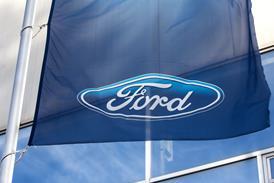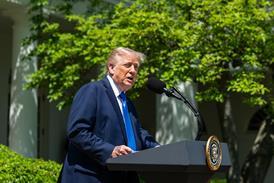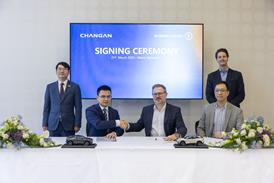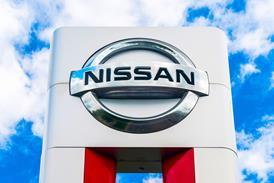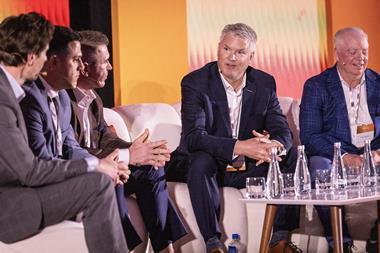Mercedes-Benz has announced that its Rastatt plant in Germany will produce the compact class of the EQ range of electric vehicles.
The 25-year old facility is the lead plant worldwide for the production of Mercedes-Benz compact cars. More than 300,000 A-Class, B-Class and compact SUV GLAs rolled off its production lines in 2016.
The announcement also means that all three of the company’s German plants will produce electric vehicles, starting with the Bremen plant which will be making the EQC model in 2019. Meanwhile, the Sindelfingen plant will be the source of the luxury-class EQ models.
“Our Mercedes-Benz car plants in Germany play a decisive role in electric mobility. They are centres of competence for the production of EVs in the global production network of Mercedes-Benz Cars,” said Markus Schäfer, head of Mercedes-Benz Cars, production and supply chain.
“Thanks to highly flexible structures, we are able to integrate electric vehicles in regular series production in our plants.”
Recently, Daimler held the groundbreaking ceremony for a new €500m ($559m) battery factory in Kamenz, Germany, as the company targets inclusion of more than 10 all-electric passenger car models in its portfolio by 2022.
The company said manufacturing of future EQ models could be integrated into series production at existing Mercedes-Benz plants on four continents, as vehicles with different drive types were already built on the same lines.
“Which foreign locations will produce further EQ models within the production network will be decided on the basis of market demand,” said the company in a statement.
Daimler plans to invest €10 billion in the expansion of its electric vehicle portfolio in the next few years.










